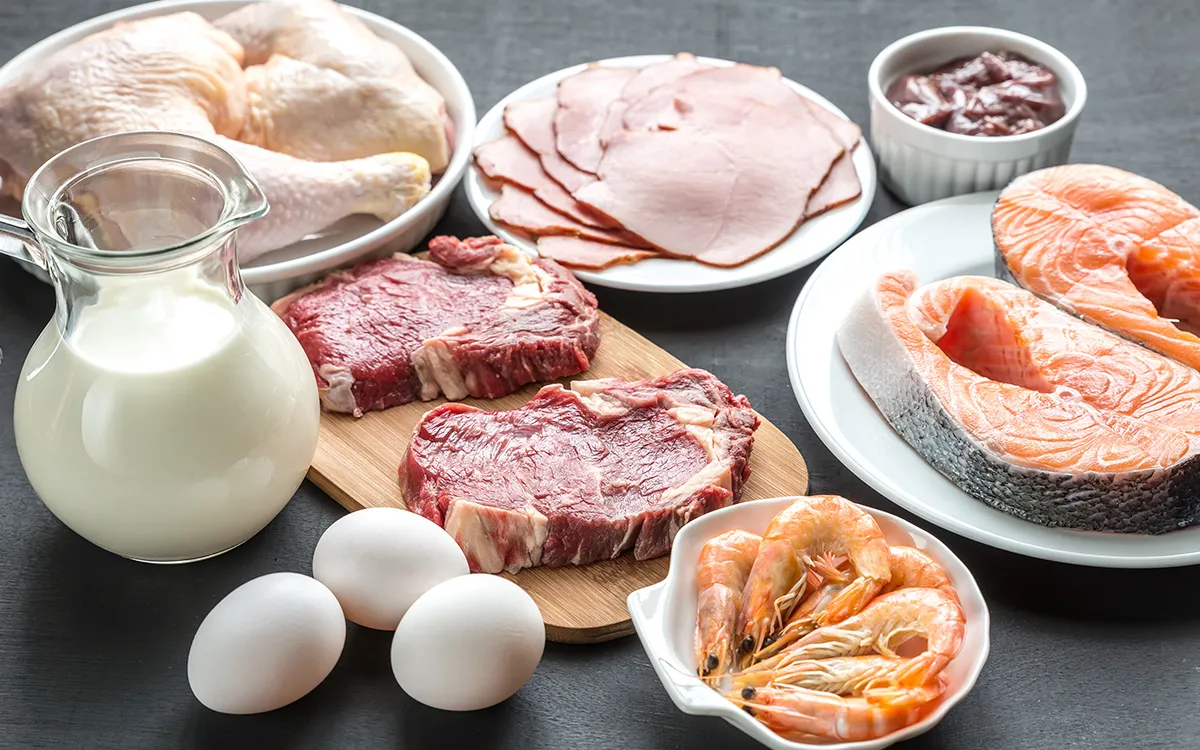Can you eat your way to oral health?
You’ve heard “you are what you eat”—but did you know your smile reflects it too? The foods and drinks you enjoy every day can do more than just satisfy your cravings—they can strengthen or weaken your teeth and gums. From crunchy veggies that scrub your teeth clean to sugary snacks that fuel harmful bacteria, your diet plays a major role in your oral health.
While brushing and flossing are essential, nourishing your body with tooth-friendly foods is just as important for maintaining a bright, healthy smile.
The connection between diet and oral health
Your mouth is home to a complex ecosystem of bacteria—some helpful, some harmful. When you eat, you’re not just feeding yourself—you’re also feeding these bacteria. Sugars and starches in food are broken down into acids that attack your tooth enamel. If left unchecked, this process leads to tooth decay, cavities, and gum disease.
On the other hand, a nutritious diet supports the health of your teeth, gums, and bones by supplying the body with the essential vitamins and minerals needed for tissue repair, enamel remineralisation, and immune support.
Key connections between diet and oral health include:

- Acid production: Sugars and carbohydrates fuel acid-producing bacteria.
- Nutrient supply: Vitamins and minerals strengthen enamel and gum tissue.
- Saliva stimulation: Certain foods help increase saliva, which neutralises acid and protects teeth.
- Plaque formation: Sticky or sugary foods contribute to plaque buildup.
What to eat for stronger teeth and gums
Making the right dietary choices can strengthen your teeth, protect your gums, and promote a balanced oral environment. Here are the best foods for your oral health:
Crunchy fruits & vegetables
Apples, carrots, celery, and cucumbers aren’t just nutritious—they’re nature’s toothbrushes. Their fibrous texture helps scrub away plaque and food particles from teeth. Plus, chewing these foods boosts saliva production, which helps wash away acids and bacteria.
Dairy products
Milk, cheese, and yogurt are rich in calcium and phosphates, which are key building blocks for tooth enamel. Cheese, in particular, helps neutralise acids in the mouth, lowers the risk of tooth decay, and increases saliva flow.
Fatty fish
Salmon, sardines, and mackerel provide vitamin D, which allows the body to absorb calcium effectively. They also contain omega-3 fatty acids that reduce inflammation and help keep your gums healthy.
Nuts and seeds
Almonds, cashews, and sesame seeds contain calcium, phosphorus, and magnesium. These minerals contribute to strong teeth and bones. Plus, nuts require chewing, which increases saliva production.
Eggs and lean meats
Eggs contain vitamins A, D, and K, essential for healthy teeth and gum tissues. Lean meats are rich in phosphorus, which is important for remineralising enamel.

Vitamin C-rich foods
Citrus fruits (in moderation), strawberries, kiwis, and capsicum are loaded with vitamin C, which is crucial for maintaining healthy gums and preventing inflammation and bleeding.
Water
Water is your best beverage choice. It hydrates your body, keeps your saliva flowing, and rinses away leftover food and bacteria. Fluoridated tap water also strengthens enamel and reduces cavity risk.
Foods that harm your oral health
Just as some foods support your oral health, others can seriously harm it, especially if consumed frequently or in large amounts. Here’s what to limit or avoid:
Sugary snacks and sweets
Lollies, pastries, chocolate, and even dried fruits contain high amounts of sugar. When sugar lingers in your mouth, bacteria feast on it and produce acid that wears away enamel and causes cavities. Sticky sweets are especially harmful as they cling to teeth longer.
Sugary and acidic beverages
Soft drinks, energy drinks, fruit juices, and sports drinks are double trouble—they’re high in sugar and acidic. The acid in these drinks weakens enamel, while the sugar feeds decay-causing bacteria. Even sugar-free sodas can be highly acidic.
Refined carbs
White bread, chips, crackers, and pasta quickly break down into sugars and get trapped in the crevices of your teeth. This provides bacteria with the perfect breeding ground for decay.
Acidic foods
Lemons, vinegar-based dressings, and tomatoes can wear down enamel when consumed in excess. If you’re eating acidic foods, rinse your mouth with water afterwards and wait 30 minutes before brushing to avoid enamel abrasion.
Staining beverages and dry mouth culprits
Coffee, tea, red wine, and alcohol not only stain your teeth over time, but they can also reduce saliva flow—making your mouth drier and more vulnerable to bacterial buildup and bad breath.
Simple dietary habits to boost oral health
Small daily choices can have a big impact. Here’s how to protect your smile through mindful eating:

- Snack smart: Choose raw veggies, cheese, or nuts instead of sugary or starchy snacks.
- Rinse after meals: Drink water after eating to rinse away acids and leftover food particles.
- Eat sugar with meals: If you’re going to indulge, do it during meals when your mouth is already producing more saliva to help buffer acids.
- Don’t graze all day: Frequent snacking keeps acid levels high. Give your mouth time to recover between meals.
- Use a straw: When drinking acidic or sugary beverages, using a straw can help minimise contact with your teeth.
- Chew sugar-free gum: It boosts saliva flow and helps clean your teeth when brushing isn’t an option.
- Limit alcohol and smoking: These habits dry out your mouth and increase your risk of gum disease and oral cancer.
Nourish your smile from within
Beyond the number on your scale or the energy you feel, your diet is also shaping the health of your mouth. Every meal matters: the foods you choose can help protect your teeth or put them at risk. Making smart choices is key to preventing cavities, strengthening enamel, and keeping your gums healthy.
But don’t stop there. For a truly healthy smile, pair a tooth-friendly diet with daily brushing, flossing, and regular dental visits. Aim to brush twice a day, floss once a day, and see your dentist every six months for professional checkups and cleans.
So next time you plan a meal or reach for a snack, ask yourself—what would your teeth thank you for? With the right habits and nutrition, you’re not just fueling your body—you’re nourishing your smile from the inside out.

